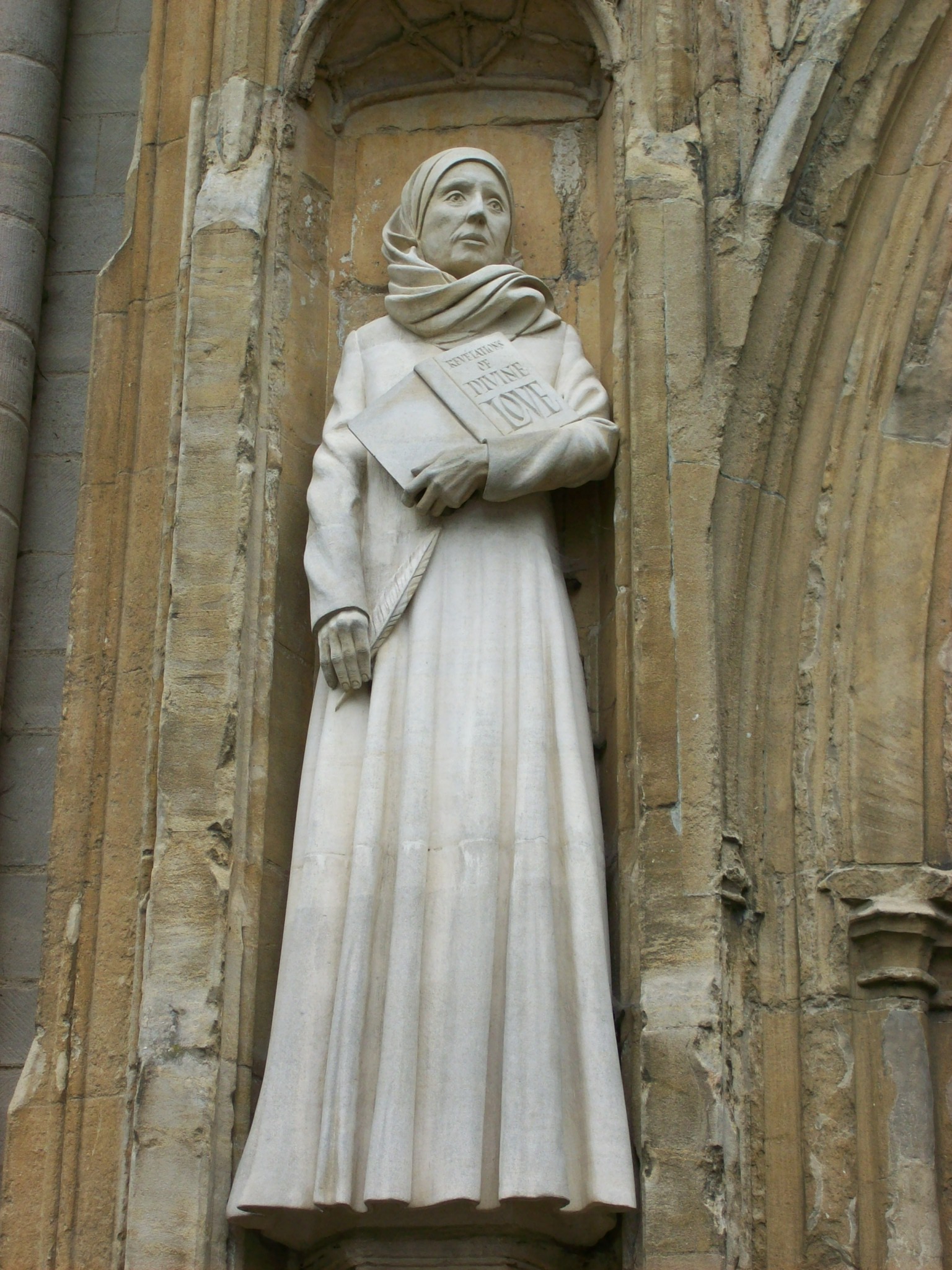The Sixteenth Revelation, Chapter 70
Julianna z Norwich: Cytaty po angielsku
The Tenth Revelation, Chapter 24
Summations, Chapter 62
The Fifteenth Revelation, Chapter 63
Summations, Chapter 59
The Seventh Revelation, Chapter 15
Summations, Chapter 58
Summations, Chapter 52
The Sixteenth Revelation, Chapter 72
The First Revelation, Chapter 6
The Seventh Revelation, Chapter 15
The Sixteenth Revelation, Chapter 74
The third is, that as new and as gladdening as it is received in that time, right so shall it last without end.
The Sixth Revelation, Chapter 14
“God willeth that we endlessly hate the sin and endlessly love the soul, as God loveth it.”
The Thirteenth Revelation, Chapter 40
The Eighth Revelation, Chapter 19
The Thirteenth Revelation, Chapter 31
Summations, Chapter 51
Revelations of Divine Love (c. 1393), Chapter 1
The First Revelation, Chapter 8
The Sixteenth Revelation, Chapter 80
The Thirteenth Revelation, Chapter 28
The Sixteenth Revelation, Chapter 69
The Sixteenth Revelation, Chapter 74
The Sixteenth Revelation, Chapter 73
Kontekst: When we begin to hate sin, and amend us by the ordinance of Holy Church, yet there dwelleth a dread that letteth us, because of the beholding of our self and of our sins afore done. And some of us because of our every-daily sins: for we hold not our Covenants, nor keep we our cleanness that our Lord setteth us in, but fall oftentimes into so much wretchedness that shame it is to see it. And the beholding of this maketh us so sorry and so heavy, that scarsely we can find any comfort.
And this dread we take sometime for a meekness, but it is a foul blindness and a weakness. And we cannot despise it as we do another sin, that we know: for it cometh of Enmity, and it is against truth. For it is God’s will that of all the properties of the blissful Trinity, we should have most sureness and comfort in Love: for Love maketh Might and Wisdom full meek to us. For right as by the courtesy of God He forgiveth our sin after the time that we repent us, right so willeth He that we forgive our sin, as anent our unskilful heaviness and our doubtful dreads.
The Second Revelation, Chapter 10
The First Revelation, Chapter 9
